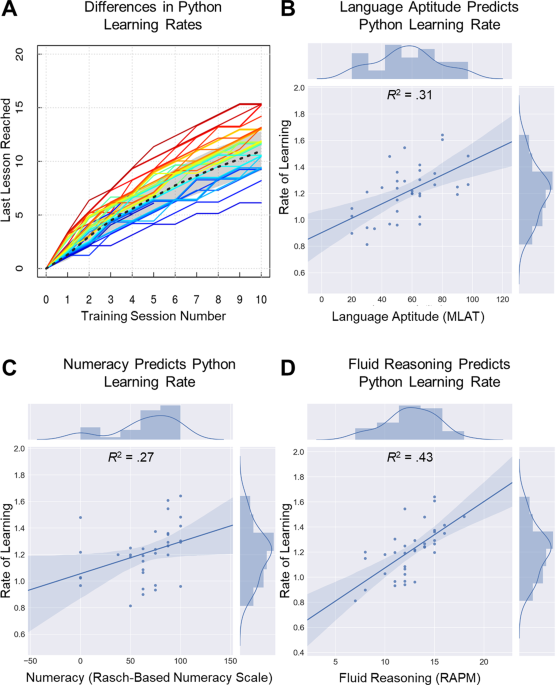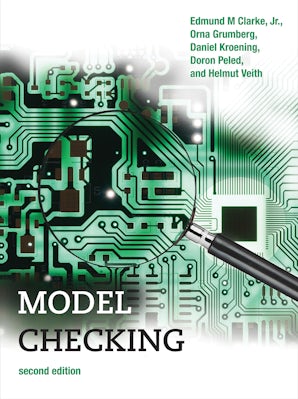
Rapture Notes: Backgrounds Explained - by G. Michael Rapp
I've gotten the question more than once: Why backgrounds? Why do you place so much mechanical and storytelling weight on a character's background elements? Backgrounds were Rapture’s original answer to omitting racial stats, often seen in legacy roleplaying games like _Dungeons & Dragons_. Backgrounds, in essence, were meant to be a more inclusive and suitable replacement for what has become perceived as a weird, outdated, and problematic racial taxonomy we’ve all experienced in legacy roleplaying. Backgrounds in Rapture are classified as minor, significant, and foundational. I have used a similar system of classification in a recent game, Wanderer. Rapture’s current edition, the Big Red Ugly, doesn’t offer as much guidance or description concerning the different tiers of character backgrounds. So, to add some depth, and, hopefully, make these more approachable, I have stolen Wanderer’s descriptions of each tier, which can easily fit into any Rapture-powered game: > Minor backgrounds are those bits of baggage a character brings with them everywhere. They’re important, yes, but they don’t necessarily contribute greatly to a character’s essence. > Significant backgrounds are those moments, decisions, and so on that have forged a particular path for the character in question. When a fork appeared in the road of life, these backgrounds helped decide the character’s pathway forward. > Foundational backgrounds are those that if missing would mean the character would be a husk, a hollow being with no sense of purpose, being, belonging, etc. These cannot be separated from the character. When these backgrounds collide with certain realities, a character might rely on them for strength, or they might undermine a character’s ability to adapt to the world(s) and situations around them. To use backgrounds, Rapture has players invoke their backgrounds by spending a requisite number of points of luck to gain the following: At any time, a player can invoke a background element, offering them a swappable AMP multiplier to be used in conjunction with a relevant character ability (think: skills, stunts, or powers). Minor backgrounds offer a x2 AMP multiplier; significant backgrounds a x3 AMP multiplier; and foundational backgrounds a x4 AMP multiplier. To invoke a background for a swappable AMP multiplier, one must declare its relevance and pay with LUCK to activate it for one (1) turn. A minor background can be invoked for one (1) luck point; significant backgrounds cost two (2) points of luck; and foundational background costs three (3) points of luck to invoke. Backgrounds can be invoked for other in-game bonuses as well: Advantages, modifiers, quick refreshes, and *deus ex machina* moments. Advantages can be given for invoking a relevant background and spending a requisite number of points from the player’s luck pool. These advantages provide a player with a higher level of power for a singular attribute–remember these are MIND, BODY, SOUL, GRIT. If a player invokes a minor background, they can boost one (1) attribute’s power level to the next step (e.g., B+0 → B+1) if their current power level is B+0. If they have higher power levels and wish to boost these, they will need to invoke a higher-tiered background. So, (say) a character has a B+1 power level for their BODY attribute, which they wish to boost to the next step. They will need to invoke a significant background to do so. This will also cost more in terms of luck expenditure (see below). Any attributes a player wishes to boost from B+2 to B+3 or B+3 to B+4 will require a foundational background to be invoked, and this, too, will cost more in terms of luck. In this invocation context, a minor background will require one (1) luck point to be spent to move from B+0 to B+1. A significant background in this instance costs two (2) points of luck to move from B+1 to B+2. The foundational background invocation will cost three (3) points for B+2 to B+3 or four (4) points of luck to move from B+3 to B+4. These advantages last one (1) turn only. Modifiers are numeric manipulators that add one (1), two (2), or three (3) to the results of an attribute die roll. A minor background can be invoked to receive a +1 to a single attribute roll; significant (invoked) backgrounds offer a +2 to a single attribute roll; and a foundational background offers a +3 to a single attribute roll. The costs are easy to ascertain: minor costs a half-point of luck; significant a full point; and foundational two (2) points. Quick refreshes are another way to leverage background invocations. A player can reduce their overall stress by two (2) points when invoking a minor background for a half-point of luck. Using a significant background, a player can refresh their Hits by 1d4, which costs one (1) point of luck. Foundational backgrounds can be invoked to refresh Sanity by 1d4 or Hits by 1d6, costing two (2) points of luck in the process. Deus Ex Machina moments are a way for a player, or even the whole group, to escape death, injury, trauma, stress, or other nasty things, without suffering serious penalties on their part. Individually, a player can invoke a minor background, for one (1) point of luck, to simply avoid something that could lead to death, dismemberment, other injuries, arrest, combat. As a group, this can be pulled off for one (1) point of luck spent by each player. Those who do not have luck to spare can borrow some from the referee, which costs two (2) points of chaos incurred by that player. (Please note: For the sake of time and the sanity of the referee, only one (1) player with the best invocation argument is needed here, meaning only one player needs to invoke a background, not the whole group. This goes for all background tiers in this context.) A significant background, at the cost of two (2) points of luck, allows a player (or the group, if each member has paid the cost in luck) to avoid combat, ambushes, and encounters that have Action Ratings under thirty (30). There are no serious consequences laid against the player(s) for doing this. A foundational background allows a player (or group) to avoid combat, ambushes, and certain encounters with Action Ratings under seventy-five (75), for the cost of three (3) points of luck. No serious consequences are incurred for doing this.
Leave a Comment
Related Posts

Deal Of The Century: How Michael Dell Turned His Declining PC Business Into A $40 Billion Windfall
Comment












/cdn.vox-cdn.com/uploads/chorus_asset/file/25742958/Flyover___Dark_Mode_Heatmap.jpg)





